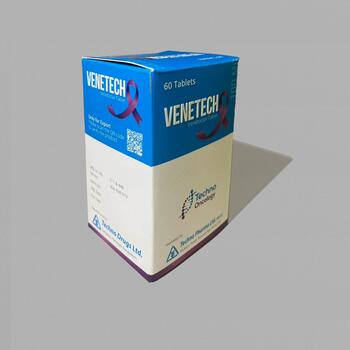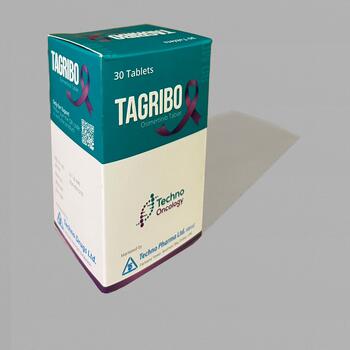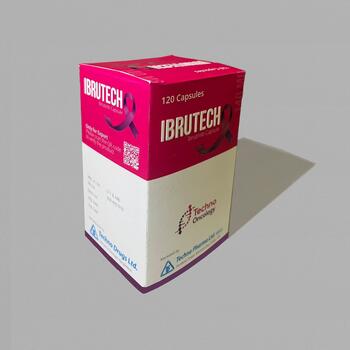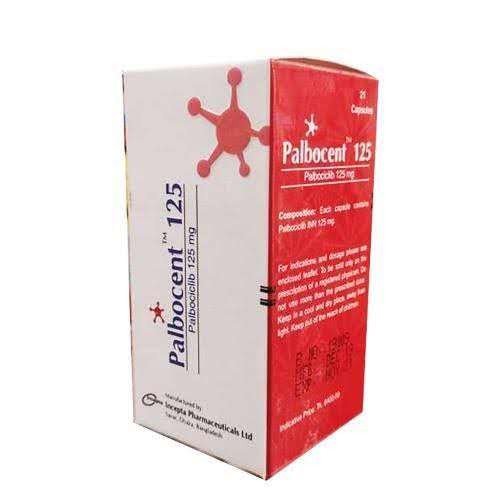色瑞替尼(Ceritinib)150mg
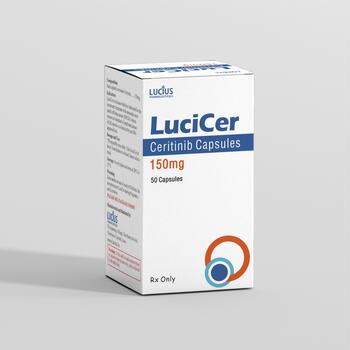
1. Composition:
The chemical name of ceritinib is N-{5-chloro-2-methoxy-4-[4-(piperidin-4-yl)piperazin-1-yl]phenyl}-4-(1-methyl-1H-indol-3-yl)pyrimidin-2-amine. Its molecular formula is C28H36ClN5O3, and its molecular weight is 558.08.
2. Pharmacokinetics:
Ceritinib works by targeting and inhibiting the ALK (anaplastic lymphoma kinase) signaling pathway, preventing its activation in ALK-positive cancer cells. This inhibition suppresses the growth and spread of cancer cells. Ceritinib has demonstrated significant efficacy in patients with ALK-positive non-small cell lung cancer (NSCLC) who have developed resistance to crizotinib.
3. Usage Instructions:
Ceritinib is typically taken orally in capsule form. The recommended dosage is 450 mg once daily, taken after a meal. The exact dosage may be adjusted based on the patient's condition, response to treatment, and tolerance. For patients with liver or kidney impairment, a lower dosage may be required. Regular monitoring is necessary during treatment to check for side effects and evaluate efficacy.
4. Research & Development History:
Ceritinib was developed by Novartis as a second-generation ALK inhibitor, aimed at patients who have failed crizotinib treatment. In 2014, the U.S. Food and Drug Administration (FDA) granted accelerated approval for ceritinib to treat ALK-positive, crizotinib-resistant NSCLC patients. Since then, ceritinib has also been approved in multiple countries and regions.
5. Mechanism of Action:
Ceritinib inhibits the activity of ALK tyrosine kinase, blocking downstream signaling pathways of ALK fusion genes (e.g., EML4-ALK), thereby inhibiting the proliferation, survival, and metastasis of cancer cells. It has a significant inhibitory effect on resistance mutations that arise during crizotinib treatment. Additionally, ceritinib shows some inhibitory activity against other targets, such as IGF-1R, which may contribute to its enhanced anticancer effects.
6. Summary :
Ceritinib is a potent ALK inhibitor, primarily used to treat ALK-positive NSCLC, particularly in cases of crizotinib resistance. It controls the growth of cancer cells by inhibiting ALK enzyme activity and has shown excellent results in overcoming resistance caused by ALK gene mutations. Due to its strong targeting ability and effectiveness in treating refractory cancers, ceritinib has become a key treatment option for patients with ALK-positive NSCLC.



